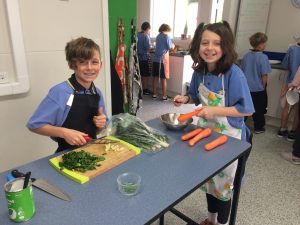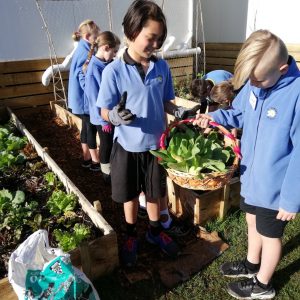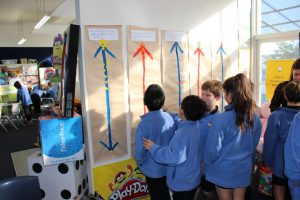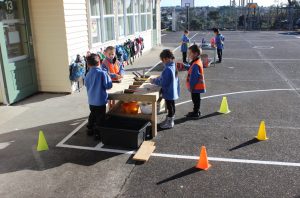Inquiry
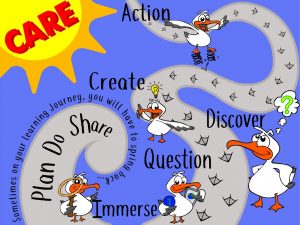
Integrated Inquiry is the approach we use to teach Social Sciences, Science, Technology, The Arts, and Health. It requires that students actively investigate significant questions, issues and ideas about “the way the world works”. It requires students to construct understandings through rich and strategic learning experiences alongside other students and the teacher. The teacher makes a deliberate effort to integrate relevant knowledge, skills, strategies, structures and competencies. Through integrated inquiry students are encouraged to learn in a variety of ways in authentic contexts to gain a deeper understanding of themselves and their world.
Our Torbay School Inquiry Learning model provides meaningful learning opportunities for children and gives them opportunities to take ownership of their learning. The teacher’s role is more of a facilitator of learning rather than a director of it. This supports our vision statement where children are encouraged to fly high to learn for a successful future and raise the expectations for their own learning.
At Torbay School Inquiry Learning is:
A constructivist approach, in which learners have ownership of their learning. It begins with exploration and questioning and leads to investigation into a worthy question, issue, problem or idea based on a real life situation. This can involve their immediate environment, local community or even perhaps more global. It involves asking questions, gathering and analysing information, generating solutions, making decisions, making mistakes, modifying plans, justifying conclusions, taking action and reflecting on the process and outcome.
Through the process of inquiry, learners construct their understanding of the natural and human-designed worlds
Key Elements:
Each inquiry aims to:
Guide students towards deeper understandings
Give students skills and strategies that they can transfer to other learning situations and contexts
Help students learn how to learn
Provide a high level of engagement and challenge
Promote further inquiry, investigation and questioning
Create a context for teaching across the curriculum
Provide opportunities for students to do something real / authentic with their learning
Explore ethics and values
Promote high levels of critical and creative thinking
Develop students’ ability to collaborate effectively with others
Encourage students to become independent and reflective learners
Make connections with our local and global community
Foster enthusiasm for and confidence in learning
Set goals and evaluate their learning
Share learning experiences with others and develop reflective skills
Use a range of ICT‟s to enable powerful learning opportunities
Culmination in social action should be included if appropriate
